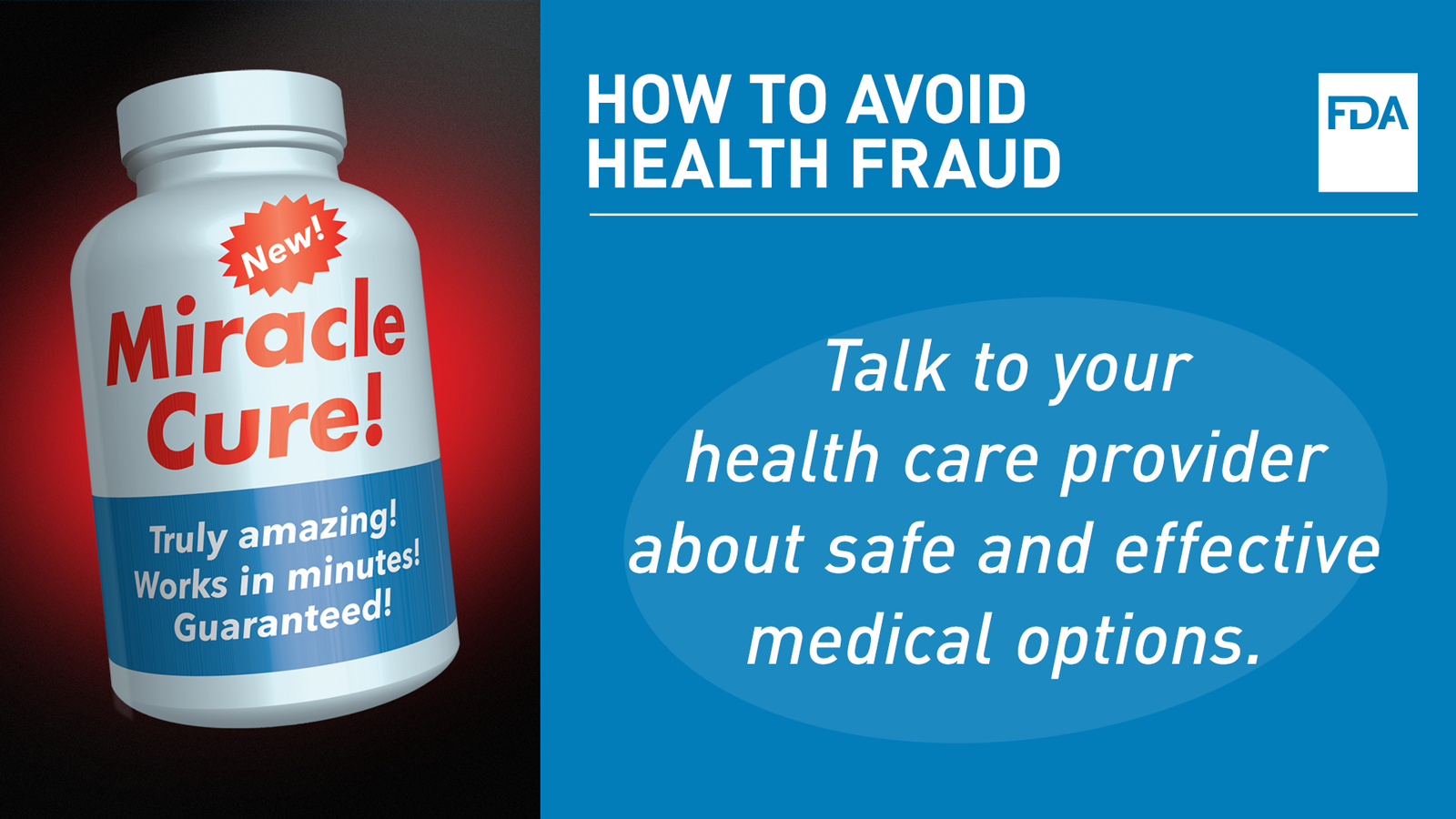Medical scams are deceptive practices that exploit people’s health concerns for financial gain. These scams can take many forms, from fake treatments and miracle cures to fraudulent health insurance plans and counterfeit medications. With the rise of the internet and online healthcare services, medical scams have become more widespread, targeting vulnerable individuals who are desperate for solutions to their health problems. In this article, we will discuss the various types of medical scams and provide actionable measures that online users can take to protect themselves.
Common Types of Medical Scams
- Miracle Cures and Treatments Many scam websites promote “miracle cures” for serious conditions, claiming to have the solution when traditional medicine cannot. These scams often involve expensive supplements, gadgets, or unproven therapies. While some may promise instant results, there is no scientific evidence to back up their claims.
- Fake Health Insurance Plans Some scammers impersonate health insurance providers and offer fake health plans that promise low premiums or high coverage. Once a user signs up, they either pay hefty premiums with no coverage or have their personal information stolen for identity fraud.
- Phony Prescription Medications Fake pharmacies operate online, selling counterfeit or substandard drugs that can harm your health. These sites often advertise prescription medications without requiring a valid prescription, making it easy for consumers to fall prey to their deception.
- Fake Medical Equipment Scammers also sell counterfeit or subpar medical devices, such as blood pressure monitors, glucose meters, or hearing aids. These products may not work as advertised and can jeopardize users’ health.
- Fraudulent Clinical Trials and Research Studies Some fraudsters promote fake clinical trials or research studies, offering compensation for participants. These trials may not be legitimate and could put participants at risk, while the scammers profit from their participation.
How to Avoid Medical Scams
- Verify Health Information Always cross-check health information from reputable sources. Rely on trusted health organizations such as the World Health Organization (WHO), Centers for Disease Control and Prevention (CDC), or national health services. Websites ending in .gov or .edu are generally more reliable than other sources.
- Consult Your Doctor Before trying any new treatment or health product, consult your healthcare provider. They can offer expert advice and help you determine if something is legitimate or a scam. Be wary of any “doctor” or “specialist” offering treatments online without verifiable credentials.
- Look for Red Flags Medical scams often display certain characteristics that can help you identify them:
- Unrealistic promises (e.g., “cure-all” products)
- Pressure tactics (e.g., “limited time offers”)
- No scientific proof (lack of clinical studies or peer-reviewed research)
- No contact information (absence of a physical address or phone number)
- Check for Secure Websites Before making any online purchase for medical products or services, check if the website is secure. Look for “https://” in the URL and a padlock icon in the address bar, which indicate that the website uses encryption to protect your data.
- Read Reviews and Testimonials Online reviews can help you gauge the legitimacy of a product or service. However, be cautious as fake reviews are common in medical scams. Try to find reviews on third-party sites, or seek opinions from online health forums or social media groups where users share real experiences.
- Report Suspicious Websites If you come across a website that seems to be a scam, report it to authorities such as the Federal Trade Commission (FTC) or your country’s relevant consumer protection agency. You can also check databases of known scams, like the Better Business Bureau (BBB).
- Avoid “No Prescription” Pharmacies Legitimate online pharmacies require a prescription from a licensed healthcare professional. If a website offers prescription medications without the need for a prescription, it is likely a scam. Be cautious when buying medications online, and only use pharmacies that are certified by the National Association of Boards of Pharmacy (NABP).
- Use Trusted Payment Methods Always opt for trusted payment methods like credit cards or secure payment platforms (e.g., PayPal) when making online medical purchases. Avoid wire transfers or sending money through unconventional methods, as these offer little protection if you fall victim to a scam.
- Check for Professional Certification Ensure that the healthcare professionals or organizations offering products or services online are accredited by a recognized governing body. In the United States, for example, doctors and healthcare providers should be licensed by state medical boards.
What to Do If You Become a Victim of a Medical Scam
If you believe you’ve been scammed, it’s essential to take quick action to minimize potential harm:
- Contact Your Bank or Credit Card Company: If you made a payment, alert your financial institution to dispute any charges and stop further payments.
- Report the Scam: File a report with local authorities or consumer protection organizations to help prevent others from being scammed.
- Seek Medical Advice: If you purchased fraudulent medical products, consult your doctor immediately to avoid harm.
Conclusion
Medical scams are a significant threat in today’s digital world, and they can have serious consequences for your health and financial security. By understanding the common types of medical scams and following the safety measures outlined in this article, you can protect yourself from falling victim to fraud. Always be cautious when dealing with health-related offers online, and trust only reputable sources for medical advice and products. Your health and well-being should always be your top priority, so take the necessary steps to stay informed and avoid scams.














